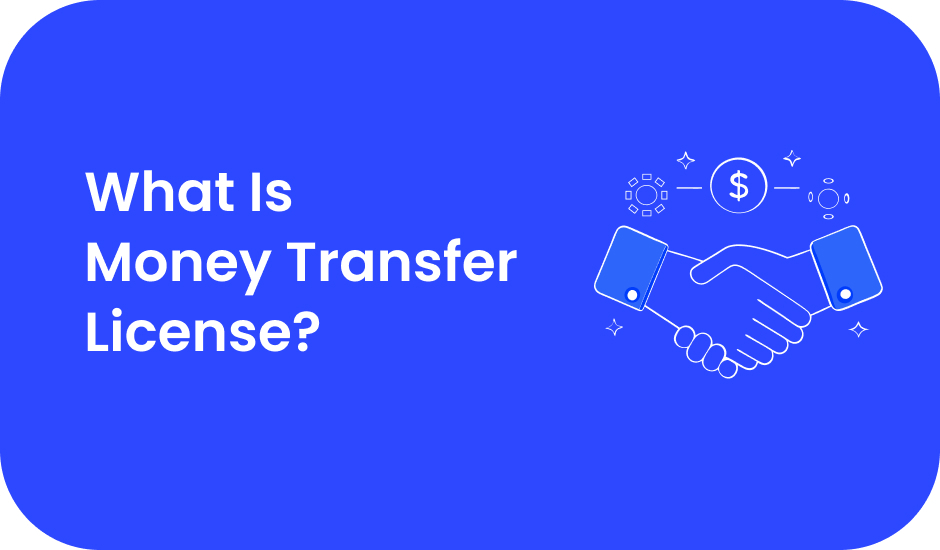A Clear Global Guide for Payment and Fintech Businesses
Sending money across borders has become a part of everyday life. Millions of people use payment platforms, remittance apps, or digital wallets each day. For companies that handle these transactions, one thing is essential — a money transfer license.
This license gives legal permission to move money between customers or businesses. It proves that a company operates safely and follows anti-money laundering (A онML) and consumer protection laws. Without it, a business cannot legally transfer or exchange funds in most countries.
Why Licensing Matters
A license for money transfer business is a key part of global financial regulation. It helps governments control how money flows, prevents fraud, and ensures that companies protect their customers.
Without this license, banks may refuse to work with you. Investors may also see your business as high-risk. On the other hand, being licensed builds trust, improves reputation, and allows access to global markets.
Some of the main regulators include:
- Financial Conduct Authority (FCA) in the United Kingdom.
- FINTRAC in Canada.
- Monetary Authority of Singapore (MAS).
- Financial Crimes Enforcement Network (FinCEN) in the United States.
FinCEN, the financial crimes enforcement network, is well known for setting international AML standards. U.S. companies must register with FinCEN and submit FinCEN Form 107, while other countries have similar processes under their local laws.
Main Money Transfer License Requirements
Although the process is slightly different in every jurisdiction, the core money transfer license requirements are usually the same.
1. Financial stability
Regulators check that your company has enough resources to operate safely. You may need to show a minimum net worth, submit financial statements, and in some countries, provide a surety bond as protection for clients.
2. Compliance and reporting
Each company must have a clear compliance program that meets AML and CFT (Counter Financing of Terrorism) standards. It includes customer identity checks, regular background checks, and transaction reporting. If something unusual happens, the company must file suspicious activity reports (SARs) with authorities.
3. Application process
The application process often requires:
- Company documents and AML policies.
- Details of business activities and ownership.
- Payment of licensing or registration fees.
- Review and approval from the regulator.
In the U.S., each state may have separate money transmitter license requirements in addition to federal FinCEN registration. In other regions, like the EU or Singapore, one license may cover the entire market.
Money Transfer vs. Money Exchange
A money transfer license allows electronic movement of funds between accounts, while a money exchange license covers buying and selling of foreign currencies. Some companies offer both services and may need two separate authorizations.
Understanding the difference helps avoid compliance mistakes and delays during registration.
Global Examples of Licensing
Many countries have adopted modern licensing systems to support fintech innovation while maintaining safety.
In the European Union, the Payment Services Directive (PSD2) sets the main rules. Companies apply for Payment Institution (PI) or Electronic Money Institution (EMI) licenses, which can be used across all EU member states.
The United Kingdom has a two-level structure. Small operators can apply for a Small Payment Institution (SPI) license. Larger businesses need an Authorized Payment Institution (API) license issued by the FCA.
In Canada, all payment companies must register with FINTRAC as Money Services Businesses (MSBs).
In Singapore, the Payment Services Act (PSA) defines clear licensing categories for payment providers. Hong Kong uses a similar system for Money Service Operators (MSOs).
In the United States, each state regulates states money transmitters under its own laws. Bond amounts, background checks, and surety bond values vary by region.
Keeping the License Active
Getting the license is only the first step. Regulators expect ongoing compliance and reporting.
Licensed businesses must:
- Submit accurate and timely financial statements.
- Maintain their minimum net worth.
- Renew their surety bond each year.
- File transaction reporting and suspicious activity reports.
- Keep staff training and background checks up to date.
Failing to do so can lead to penalties, suspension, or license cancellation.
Companies also need to monitor regulatory updates. AML and data protection laws change frequently. A flexible compliance approach helps adapt to new requirements quickly.
Role of FinCEN and Global Enforcement
The Financial Crimes Enforcement Network (FinCEN) plays a major role in shaping global AML practices. It collects data from suspicious activity reports and works with international agencies to stop illegal financial activities.
Its model — requiring every business to register with FinCEN and file FinCEN Form 107 — has influenced regulators worldwide. Many now follow similar reporting systems.
By aligning with FinCEN and global AML standards, companies can show that they operate transparently and responsibly.
Why Compliance Builds Trust
Compliance is not only a legal duty — it’s a business advantage. A company that keeps clear records, submits financial statements on time, and runs an active compliance program looks trustworthy to partners and customers.
Proper transaction reporting and suspicious activity reports also protect your company from being used for fraud or money laundering.
Fintech startups that build compliance early find it easier to scale internationally. They can open bank accounts faster, attract investors, and enter new markets with confidence.
How Experts Help
Navigating the licensing process alone can be difficult. Each regulator has its own forms, fees, and requirements.
Specialized consultants can help you:
- Prepare documents for the application process.
- Choose the right jurisdiction for your business model.
- Draft or review your compliance program.
- Arrange your surety bond and financial statements.
Working with experts ensures your application meets every requirement and reduces the risk of rejection or delays.
Conclusion
A money transfer license is not just a formality — it’s the foundation of a safe, legal, and respected financial business. It proves that your company can handle money responsibly, prevent financial crimes, and protect clients.
Meeting money transfer license requirements, completing background checks, and maintaining an active compliance program help your business grow securely.
BMP Global supports fintech, remittance, and payment companies through every stage of this process — from preparing documents to ongoing compliance after licensing.
Learn more about global licensing solutions or request consultation to explore your company’s next step toward full regulatory approval.
Book a free consultation
Book a free consultation














